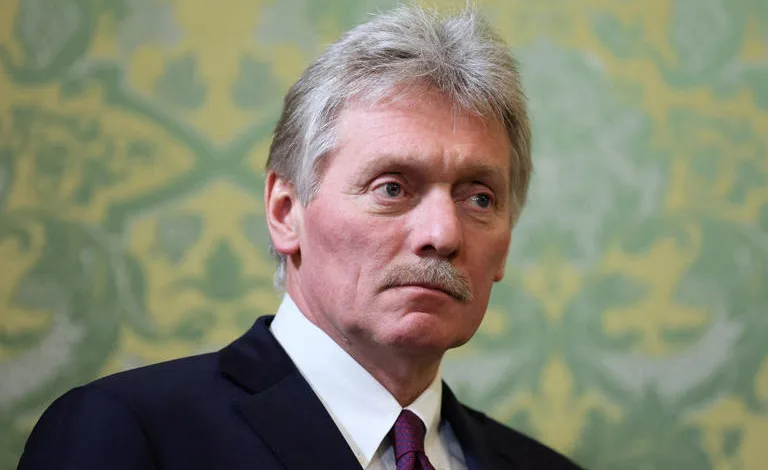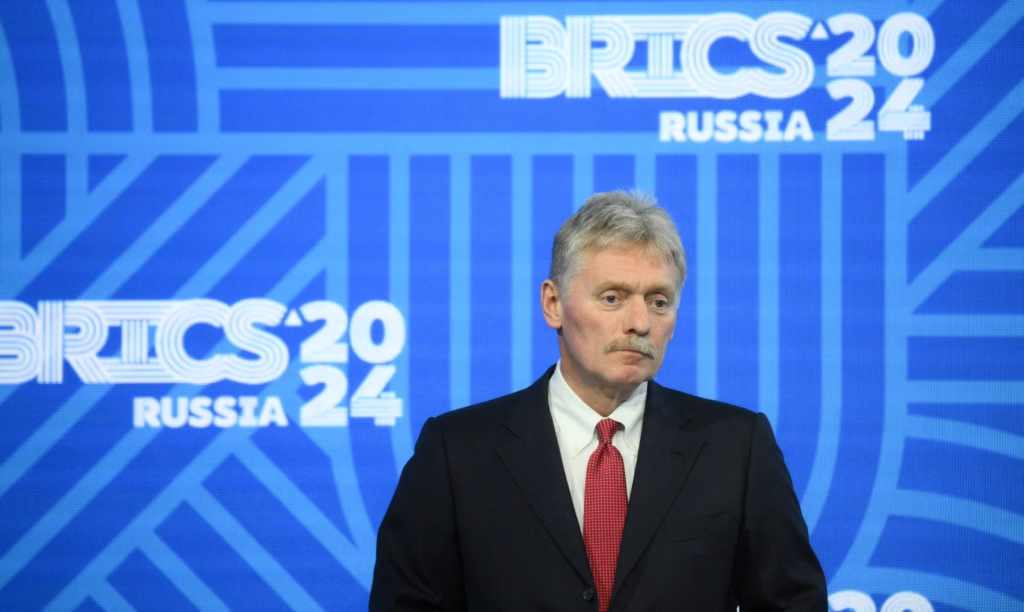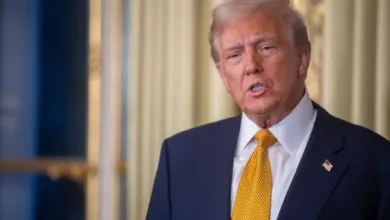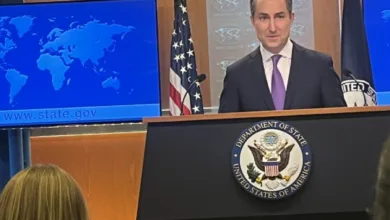US Aid for Ukraine: Critical Support or Dangerous Escalation 2024

US Aid for Ukraine: A Critical Turning Point in the Ongoing Conflict
As the war between Russia and Ukraine continues into its second year, the debate surrounding foreign assistance has intensified. Recently, the US aid for Ukraine has reached new heights, with the Biden administration pledging additional support for Ukraine’s military and humanitarian efforts. While the United States has stood firm in its commitment to helping Ukraine fend off Russian aggression, this ongoing support has raised questions about the long-term implications for both Ukraine and the international community.
The Growing Role of US Aid in Ukraine’s Defense
Since Russia’s invasion of Ukraine in February 2022, the United States has been one of Ukraine’s most significant supporters. The US aid for Ukraine has primarily taken the form of military equipment, training, financial support, and humanitarian relief. From advanced weaponry to air defense systems, the United States has provided critical resources that have helped bolster Ukraine’s defense capabilities against one of the world’s largest militaries.
In addition to military support, the US has also contributed to Ukraine’s economic recovery, supplying funds to help the country maintain essential services such as healthcare, education, and infrastructure repair. The Biden administration’s strategy involves not only securing Ukraine’s immediate military needs but also helping stabilize the country for the long-term.

The Controversy Surrounding US Aid for Ukraine
While the aid provided by the US has been widely celebrated in Ukraine and among Western allies, it has also been met with opposition. Critics argue that continued support for Ukraine, especially military aid, may only prolong the conflict. Some question whether this ongoing aid is helping Ukraine achieve a lasting peace or escalating the war by fueling Russia’s sense of insecurity.
In recent months, US aid for Ukraine has been a point of contention in political debates within the United States. Some lawmakers and analysts suggest that increasing military assistance risks drawing the US deeper into the conflict, potentially leading to a broader confrontation with Russia. These concerns are exacerbated by fears that a prolonged war in Ukraine could drain resources and further destabilize global security.
The Biden administration, however, remains firm in its stance, viewing continued US aid for Ukraine as a moral and strategic necessity. The US government argues that aiding Ukraine is crucial for defending the rules-based international order and sending a strong message to adversaries like Russia and China that aggression will not go unchecked.
US Aid for Ukraine: A Critical Turning Point in the Ongoing Conflict
As the war between Russia and Ukraine continues into its second year, the debate surrounding foreign assistance has intensified. Recently, the US aid for Ukraine has reached new heights, with the Biden administration pledging additional support for Ukraine’s military and humanitarian efforts. While the United States has stood firm in its commitment to helping Ukraine fend off Russian aggression, this ongoing support has raised questions about the long-term implications for both Ukraine and the international community.
The Growing Role of US Aid in Ukraine’s Defense
Since Russia’s invasion of Ukraine in February 2022, the United States has been one of Ukraine’s most significant supporters. The US aid for Ukraine has primarily taken the form of military equipment, training, financial support, and humanitarian relief. From advanced weaponry to air defense systems, the United States has provided critical resources that have helped bolster Ukraine’s defense capabilities against one of the world’s largest militaries.
In addition to military support, the US has also contributed to Ukraine’s economic recovery, supplying funds to help the country maintain essential services such as healthcare, education, and infrastructure repair. The Biden administration’s strategy involves not only securing Ukraine’s immediate military needs but also helping stabilize the country for the long-term.
Table of Contents
The Controversy Surrounding US Aid for Ukraine
While the aid provided by the US has been widely celebrated in Ukraine and among Western allies, it has also been met with opposition. Critics argue that continued support for Ukraine, especially military aid, may only prolong the conflict. Some question whether this ongoing aid is helping Ukraine achieve a lasting peace or escalating the war by fueling Russia’s sense of insecurity.
In recent months, US aid for Ukraine has been a point of contention in political debates within the United States. Some lawmakers and analysts suggest that increasing military assistance risks drawing the US deeper into the conflict, potentially leading to a broader confrontation with Russia. These concerns are exacerbated by fears that a prolonged war in Ukraine could drain resources and further destabilize global security.
The Biden administration, however, remains firm in its stance, viewing continued US aid for Ukraine as a moral and strategic necessity. The US government argues that aiding Ukraine is crucial for defending the rules-based international order and sending a strong message to adversaries like Russia and China that aggression will not go unchecked.
Impact of US Aid on the Conflict
The US aid for Ukraine has played a pivotal role in shaping the dynamics of the war. With American support, Ukraine has been able to launch counteroffensives, recapture territory, and strengthen its defenses. Key US-supplied weapons, such as the HIMARS rocket systems, have been instrumental in targeting Russian supply lines and infrastructure.
At the same time, the aid has enabled Ukraine to maintain morale and keep its military operational in the face of significant challenges. However, while these victories are significant, the war’s ultimate outcome remains uncertain. The ongoing support raises the question of whether Ukraine can successfully defend its sovereignty or whether a negotiated settlement with Russia might ultimately be necessary.
International Implications of Continued US Support
The US aid for Ukraine also carries significant geopolitical implications. By backing Ukraine, the United States has solidified its leadership within NATO and reinforced its commitment to European security. This has strengthened ties with NATO allies, many of whom have also contributed military and economic support to Ukraine.
On the other hand, Russia perceives the US’s involvement as an existential threat, fueling its narrative that the West is intent on containing Russia’s influence. The continued flow of US aid to Ukraine has also increased tensions between Russia and NATO, pushing global powers to reconsider their defense strategies and alliances.
While the US continues to support Ukraine, the broader international community has taken notice of the costs involved. Some nations, particularly those in the Global South, have expressed concerns about the humanitarian impact of the war and the increasing arms race, while others have called for a more diplomatic approach to resolving the conflict.
International Implications of Continued US Support
The US aid for Ukraine also carries significant geopolitical implications. By backing Ukraine, the United States has solidified its leadership within NATO and reinforced its commitment to European security. This has strengthened ties with NATO allies, many of whom have also contributed military and economic support to Ukraine.
On the other hand, Russia perceives the US’s involvement as an existential threat, fueling its narrative that the West is intent on containing Russia’s influence. The continued flow of US aid to Ukraine has also increased tensions between Russia and NATO, pushing global powers to reconsider their defense strategies and alliances.
While the US continues to support Ukraine, the broader international community has taken notice of the costs involved. Some nations, particularly those in the Global South, have expressed concerns about the humanitarian impact of the war and the increasing arms race, while others have called for a more diplomatic approach to resolving the conflict.




